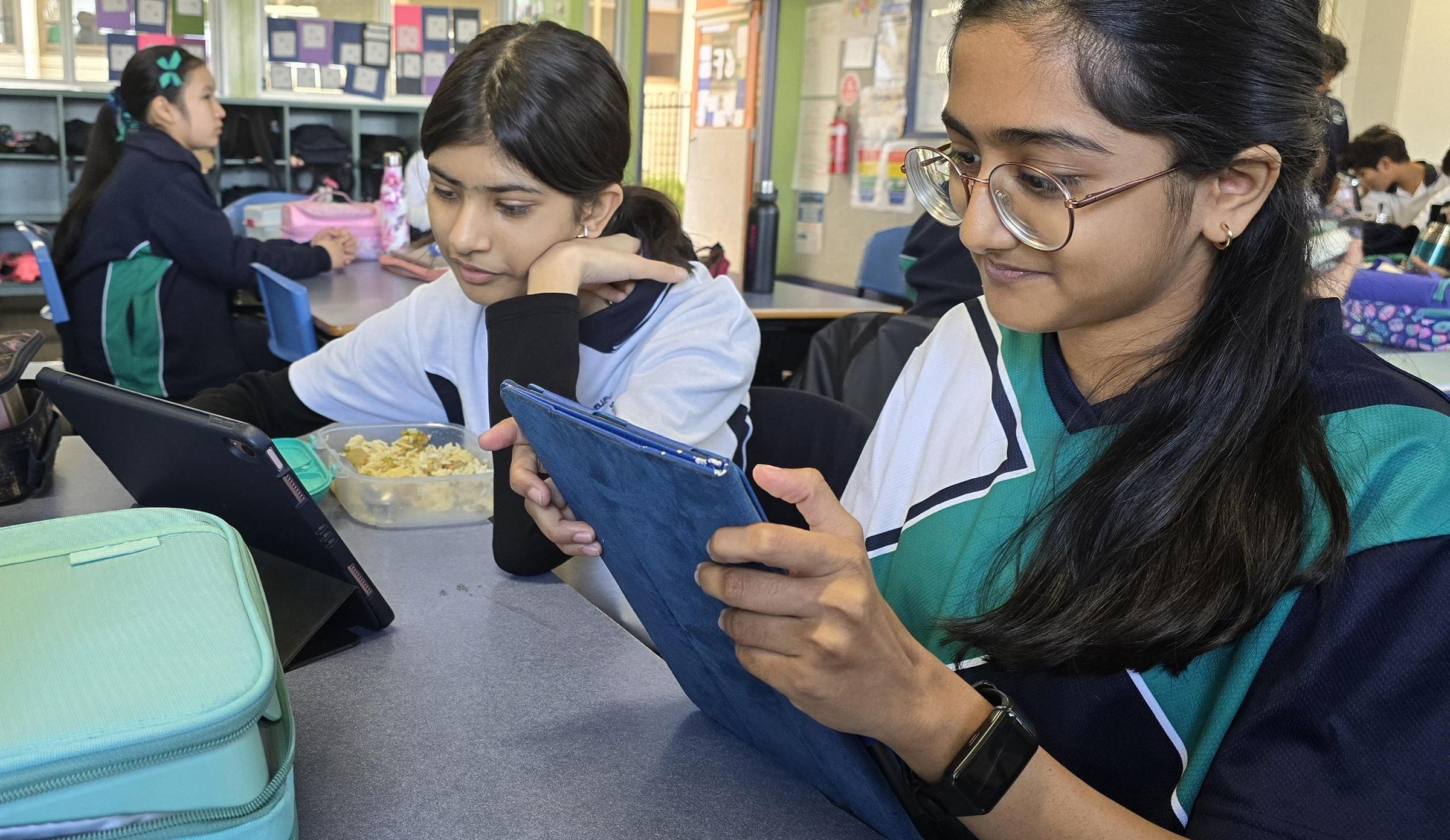Mathematics

As we embark on Term Three, our focus in Mathematics will be on engaging students through hands-on experiences and collaborative activities. We will cover three main topics: Chance, Location and Transformation, and Shape. These topics will be explored in depth to build a strong foundation in understanding probability, spatial awareness, and geometric properties.
Chance
In Term Three, our Mathematics curriculum will focus on developing students' understanding of Chance. Students will learn to describe the likelihood of various events occurring, using terms such as "certain," "likely," "unlikely," and "impossible." They will conduct experiments to collect data and use this data to make predictions. Through collaborative activities, students will engage in hands-on experiences, such as rolling dice and drawing cards, to explore probability in fun and meaningful ways.
Location and Transformation
Our study of Location and Transformation will involve exploring concepts such as coordinates, direction, and movement. Students will learn to use the Cartesian plane to plot points and understand how shapes can be transformed through translation (slides), rotation (turns), and reflection (flips). They will also use grid references to locate points on a map. These concepts will be taught through interactive group projects where students will create and navigate their own maps, as well as engage in activities that involve moving and transforming shapes on paper and digitally.
Shape
In the Shape unit, students will delve into the properties of two-dimensional and three-dimensional shapes. They will investigate attributes such as sides, angles, faces, and edges. Collaborative tasks will include building models of various shapes using everyday materials and exploring how shapes fit together to form new structures. Hands-on experiences will allow students to deepen their understanding of geometry by creating and manipulating shapes in both physical and digital formats.
Mathematics Key Vocabulary:
Probability, coordinate, cartesian plane, transformation, translation, rotation, reflection, geometry
How can you support your child’s Mathematics learning at home?
Chance
- Discuss everyday events in terms of probability (e.g., "It's likely to rain today" or "It's impossible for pigs to fly").
- Play board games or card games that involve chance.
- Conduct simple probability experiments, like flipping coins or rolling dice, and discuss the outcomes.
Location and Transformation
- Use maps or GPS to plan family outings and discuss directions and coordinates.
- Engage in treasure hunts that involve following a map.
- Encourage your child to draw their own maps of familiar places, such as your home or neighbourhood.
Shape
- Identify and discuss shapes around the house and in the environment.
- Build models using household items like building blocks or craft materials.
- Use online tools or apps that allow your child to create and manipulate shapes.
We look forward to an exciting Term Three filled with exploration and discovery in Mathematics!
